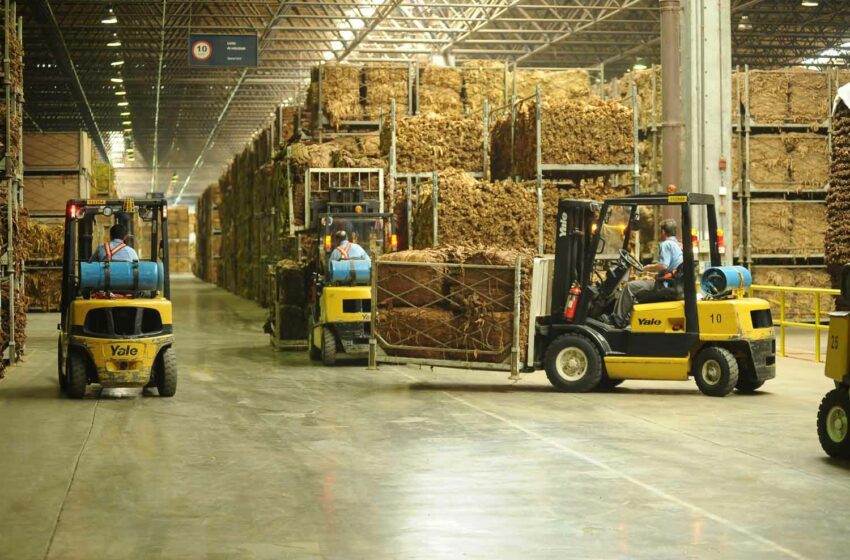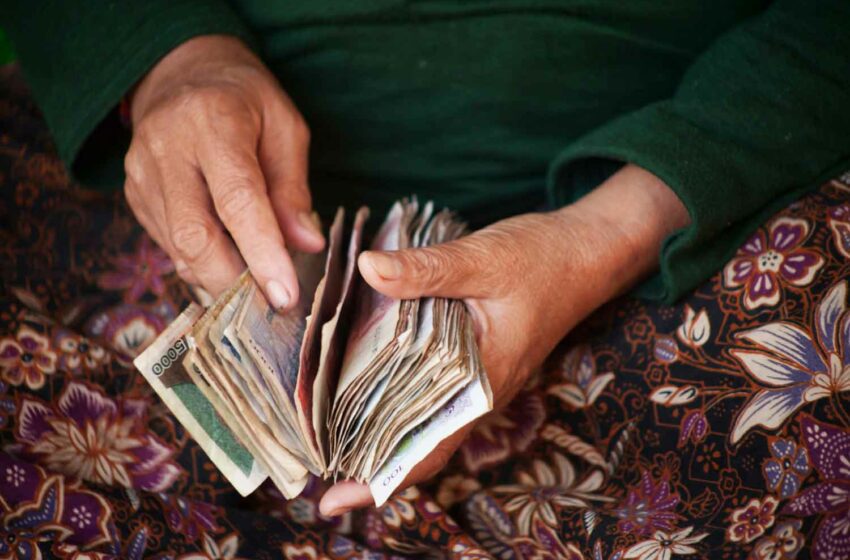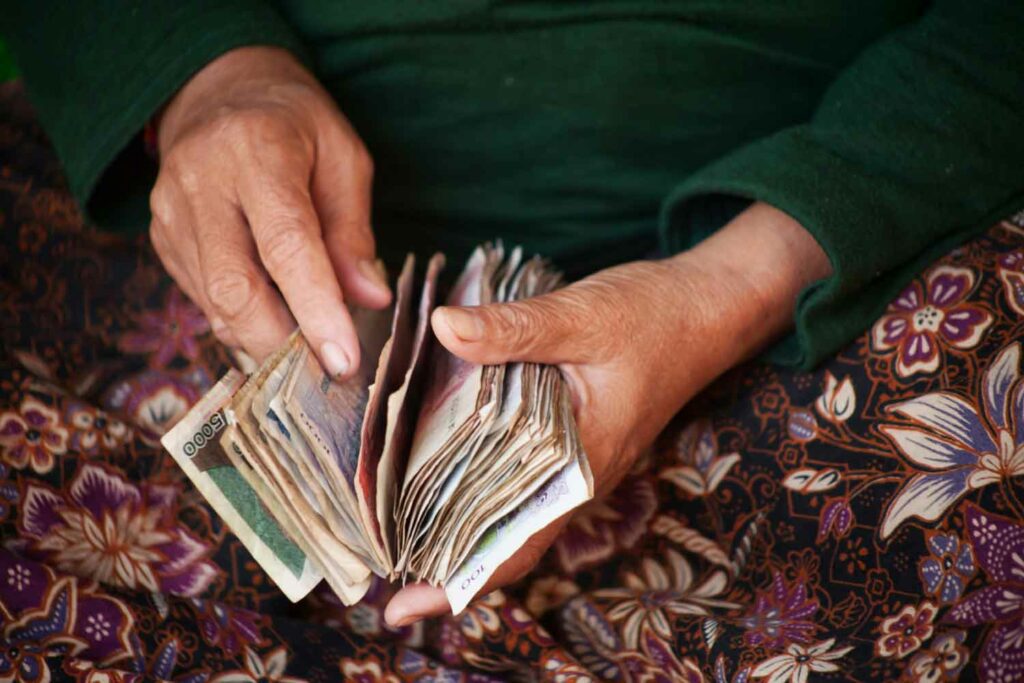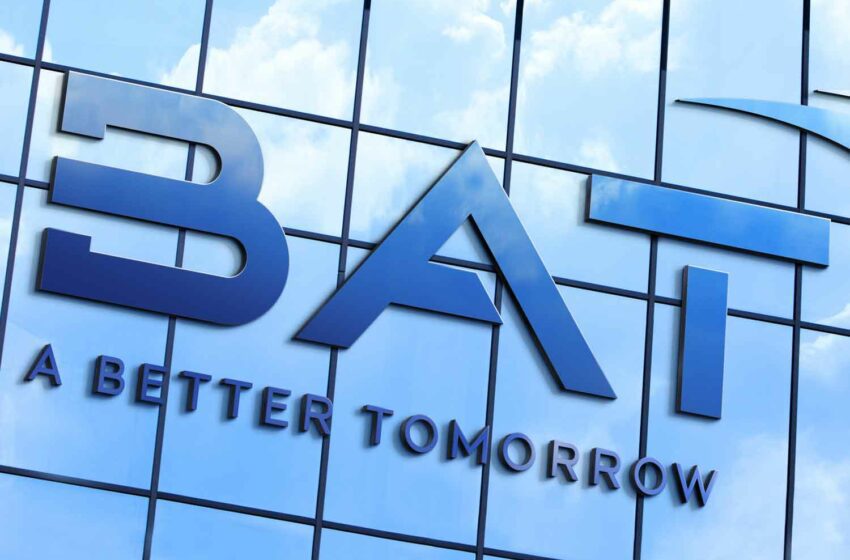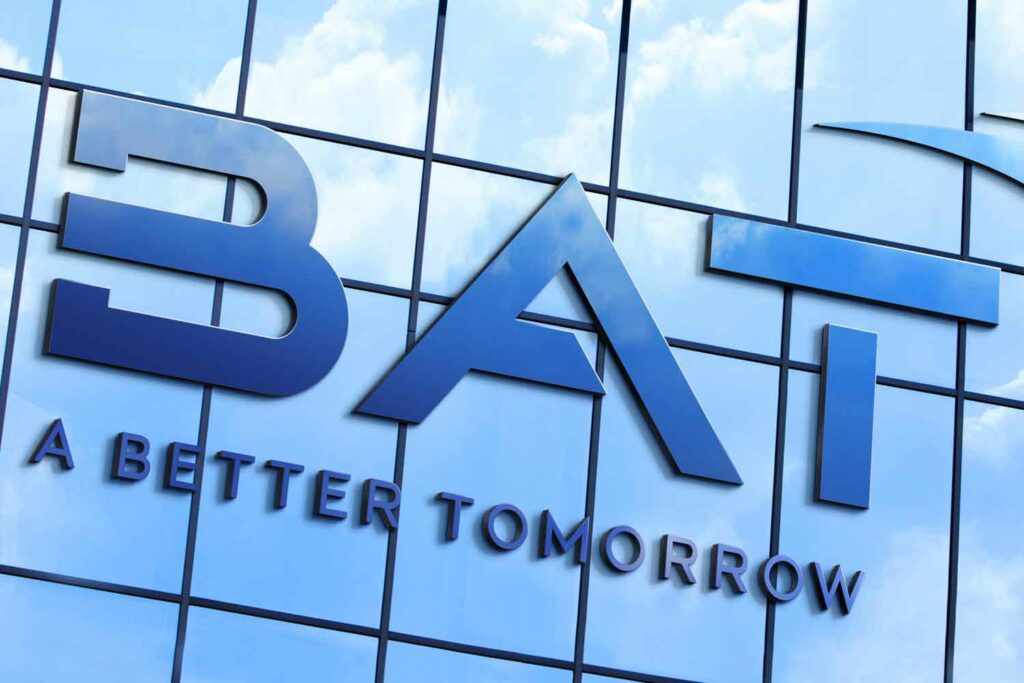
Californians, including minors, are still able to buy flavored vapes online a year after the state enacted a ban on such products, reports The Conversation, citing a study published in Jama Network Open.
In effect since Dec. 21, 2022, California Senate Bill 793 prohibits the sale of most flavored tobacco products, including e-cigarettes, to people of all ages. Hookahs, premium cigars and loose-leaf tobacco are exempted from the legislation.
Posing online as minors under the age of 21, researchers tried to buy flavored e-cigarette products from 26 websites that sold them in California. Before SB 793, they succeeded in 52 percent of attempts. After SB 793, the team’s success rate rose to almost 61 percent.
The study did not explain why flavored e-cigarettes are still available from online retailers in California. “It may be that vendors are flouting the new law, are ignorant of it, or do not believe the new law applies to online sales,” speculated corresponding author John-Patrick Allem, associate professor of social and behavioral sciences at Rutgers University.
Allem urged authorities to conduct a comprehensive evaluation of SB 793 compliance among brands and vendors that sell their products online in California to help determine the extent to which flavored e-cigarettes are still available.
Another research team collected weekly Google search rates related to online shopping for cigarettes and vaping products in California from January 2018 to May 2023. They found that shopping queries were 194 percent higher than expected for cigarettes and 162 percent higher than expected for e-cigarettes—which according to the authors suggests consumers are searching on Google for vendors promoting banned products.


